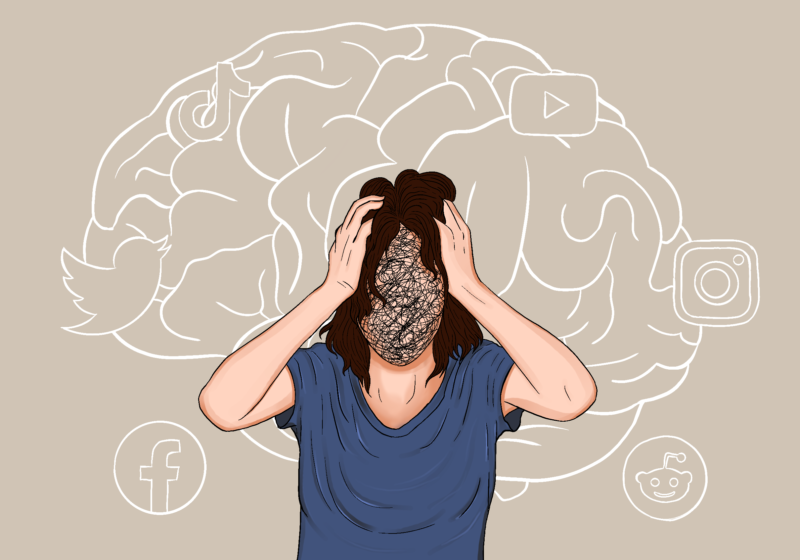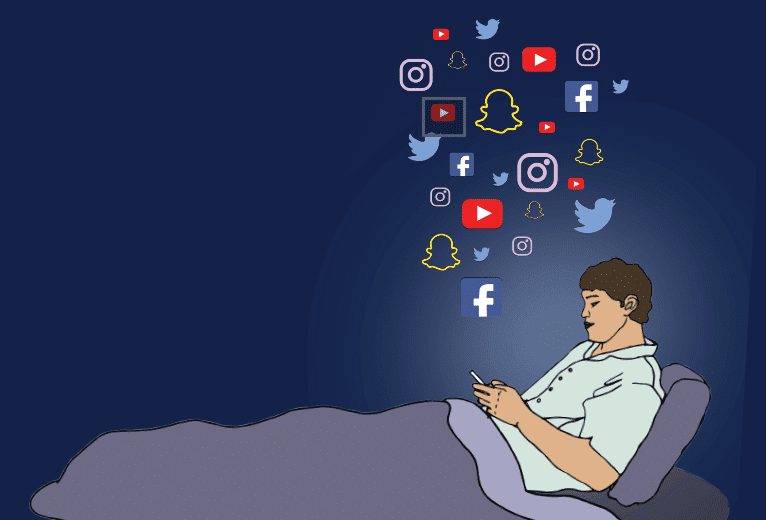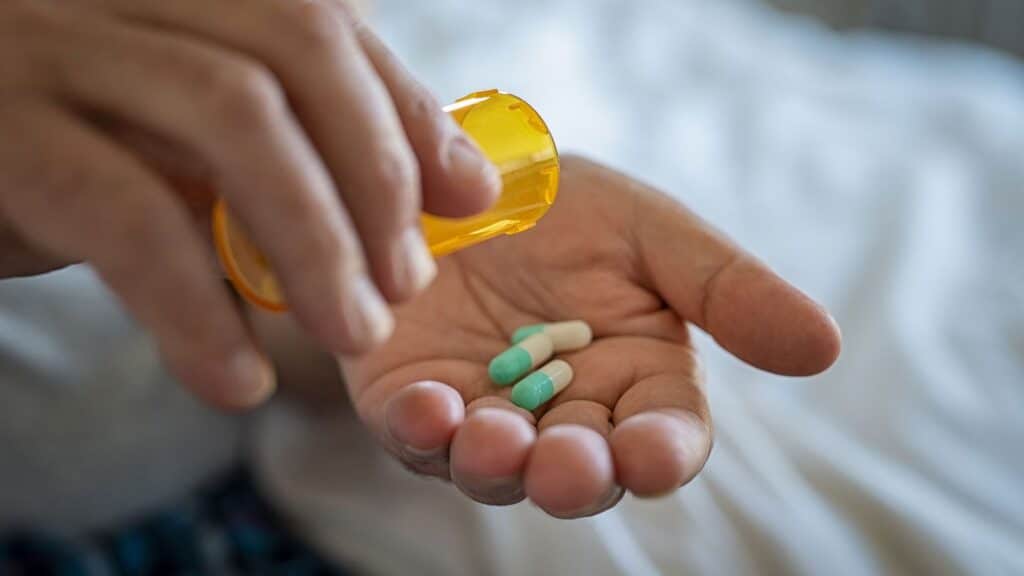The potential dangers of heroin addiction are well known. However, thousands of people try heroin for the first time every year. For some, initial heroin use results from experimentation, and for others, initial heroin use evolves out of a struggle with prescription opioids. Some data indicates that as many as 6% of those who abuse prescription opioids switch to heroin when prescription drugs are no longer available. Seeking help at an addiction treatment center specializing in dual diagnosis like Relevance Recovery can help you or a loved one begin your journey to overcoming addiction.
What is Heroin?
Most people think of heroin and picture a fine white powder. While this is indeed the primary appearance of heroin, it may also be a brown powder or a black tar-like substance referred to as black tar heroin. The composition of the drug varies depending on how it is manufactured. The way it is ingested into the body will also depend on the form of heroin used. Powdered heroin can be liquefied and injected (the most common method of use) or snorted through the nose. Heroin can also be smoked in a form called crack cocaine.
Heroin is a powerful opioid drug. It is manufactured from the seed pod of the opium poppy. These plants grow naturally in several regions of Asia, Mexico, and South America. Many drugs derived from natural ingredients are considered natural opioids, but this is not the case for heroin due to how the opium pods are handled after harvesting.
How Does Heroin Impact the Body?
Drugs affect each person in differing ways. How heroin affects one user’s body may be different from its impacts on someone else. Several factors, including the severity of use, length of use, underlying medical conditions, and whether other drugs or alcohol are also used, will affect how heroin impacts the body. It is vital to mention that heroin use, even short-term, will have health impacts.
The most common effects of heroin use include euphoria, flushing of the skin, itching, heaviness in the arms and legs, runny nose, watery eyes, slowed heart rate, slowed breathing, pinpoint pupils, drowsiness, nausea, vomiting, and changes to appetite. Many of these effects are short-lived and subside within hours of last use.
In addition to the short-term impacts on the body, ongoing heroin use can lead to significant illness. Chronic heroin use increases the risk of developing medical issues and life-long disease processes. Common examples include liver disease, lung infections, blood-borne illness (due to IV needle use), skin conditions, alterations to the structure and function of the brain, heart valve infections, kidney disease, and arthritis.
In addition to disease processes, long-term impacts to physical and mental health include increased risk of collapsed veins, chronic digesting issues and problems with constipation, and new or worsening mental health symptoms, including depression and anxiety. Without detox and treatment at a program designed to help you overcome heroin addiction, the long-term effects of heroin abuse can lead to life-long and potentially fatal illnesses.
What are the Signs of Heroin Use?
The typical signs and symptoms of heroin use mimic the side effects of heroin use. Data from the National Institute on Drug Abuse, many of the short-term impacts on the body of heroin use, are also indicators of heroin addiction. Signs and symptoms including euphoria, flushed skin, itching, nausea, vomiting, heavy feeling in the arms and legs, cloudy thinking, slowed heart rate and severe drowsiness are all short-term bodily impacts of heroin use but visible signs and symptoms of its use as well.
Some people may experience symptoms of heroin abuse that are uncommon. The Centers for Disease Control and Prevention notes that these occur in few instances and are often the result of consuming adulterated (heroin with other chemicals mixed in) heroin. Also known as a “bad batch,” using adulterated heroin can cause anxiety, difficulty breathing, headache, tremors, chest pains, and heart palpitations.
In addition to physical symptoms, someone who struggles with heroin addiction may exhibit mood and behavioral changes, new legal and financial problems, secretive behavior, presence of drug paraphernalia, and the presence of visible “track marks” on various areas of the body.
How to Find Treatment for Heroin Addiction
The path to overcoming heroin addiction is not always smooth and should not be walked alone. When you begin to detox from heroin, you will experience withdrawal effects. In some cases, they can be severe and challenging to manage without help and support from medical and mental health professionals. Detoxing and participating in therapeutic programs to help address the root causes of opioid addiction are vital to achieving sobriety and maintaining lasting recovery.If you or a loved one are ready to put struggles with heroin addiction in the past, choosing rehab is the best first step. Contact us today to learn more about Relevance Recovery and how our opioid detox and heroin addiction treatment programs can help you achieve lasting recovery.









